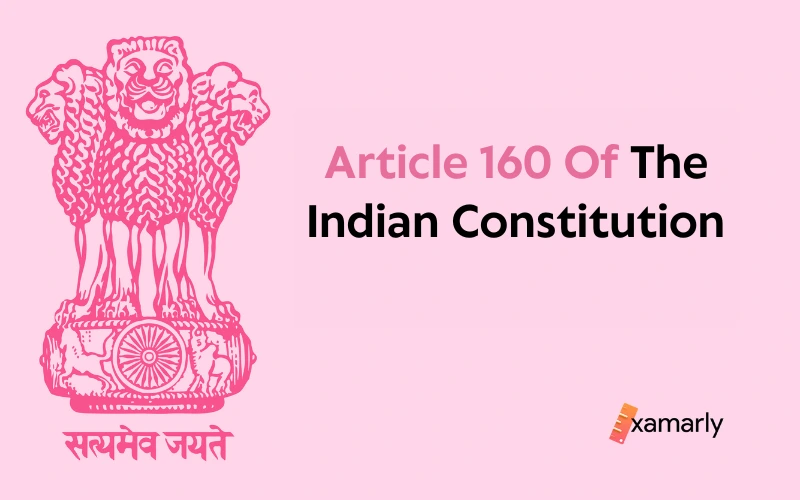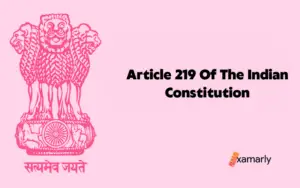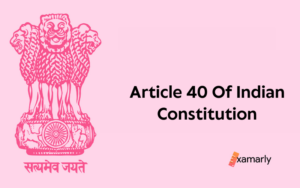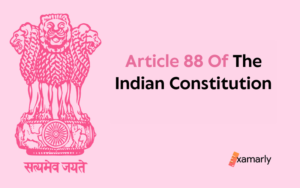The fulfillment of the Governor’s duties in specific contingencies is covered in Article 160 of the Indian Constitution.
According to Article 159 of the Indian Constitution, the governor’s main responsibility is to uphold, defend, and safeguard the constitution and the law in the conduct of state business. Implementing the requirements of the Constitution entails using all of the governor’s decisions, suggestions, and supervisory authorities (such as those granted by Articles 167c, 200, 213, and 355) over a state’s administrative and legislative bodies.
The said Article is covered in Chapter II of Part VI of the Constitution.
Constitutional Provisions Of Article 160 Of The Indian Constitution
Under certain contingencies, the Governor’s duties are outlined in Article 160 of the Indian Constitution. The constitutional provision of Article 160 is as follows:
In any circumstance not covered by this Chapter, the President may make the arrangements he deems appropriate for the Governor of a State to carry out his duties.
Conclusion
The structure of the Indian government is essentially quasi-federal. The Governor functions at the State Level, whereas the President functions at the National Level.
Article 160 of the Constitution of India details the Governor’s responsibilities in exceptional circumstances.
For Further Readings:
FAQs On Article 160
What Is Article 160 Of The India Constitution?
This article provides that the President may delegate authority to the Governor to perform functions outside the scope of this chapter if the President determines that such functions are necessary to deal with an extraordinary situation.
Which Part Of The Constitution Details About Article 160?
Chapter II of Part VI (“The States) mentions about Article 160 of the Indian Constitution.






